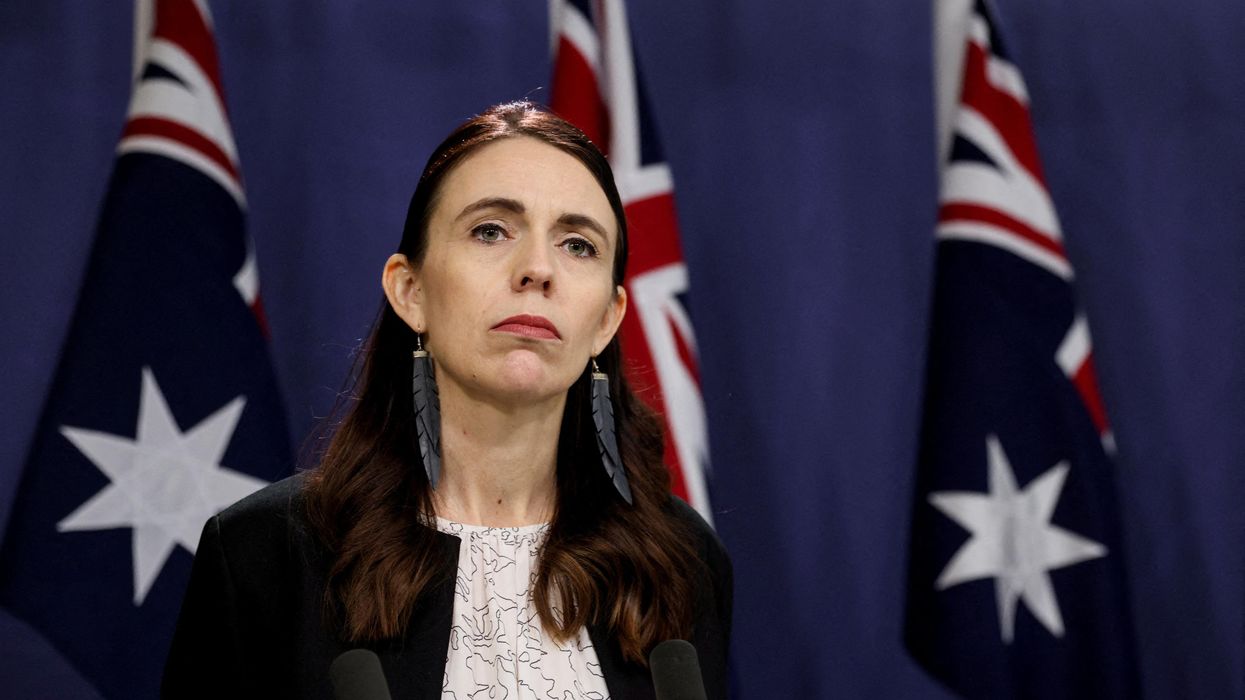News
Hard Numbers: Yemen prisoner swap, North Korea’s new missile, Germany ditches Russian imports, gender parity in Kiwi cabinet, Juice headed to Jupiter
North Korea launched its first intercontinental ballistic missile test in a month, with some reporting that Pyongyang tested an advanced, harder-to-detect missile for the first time.
Apr 13, 2023


